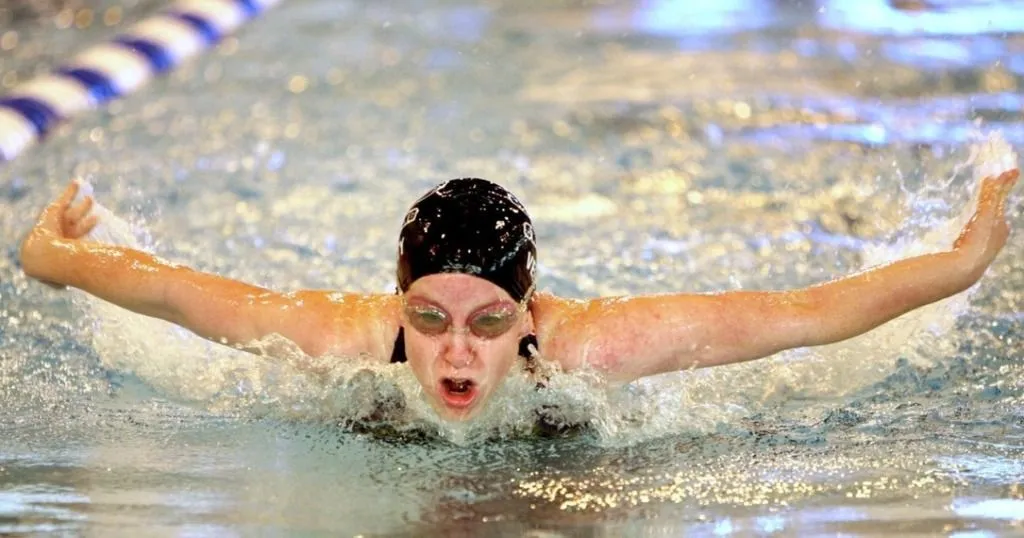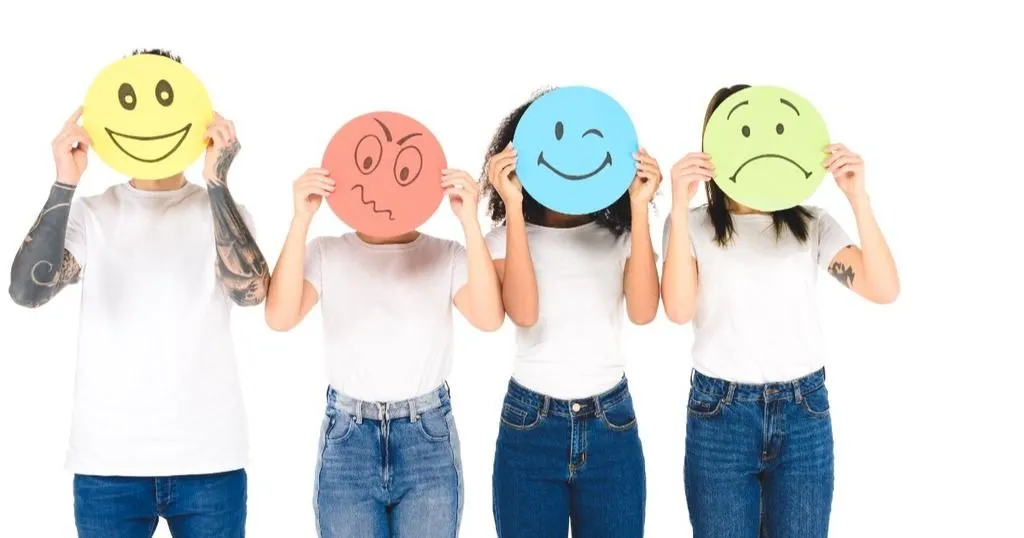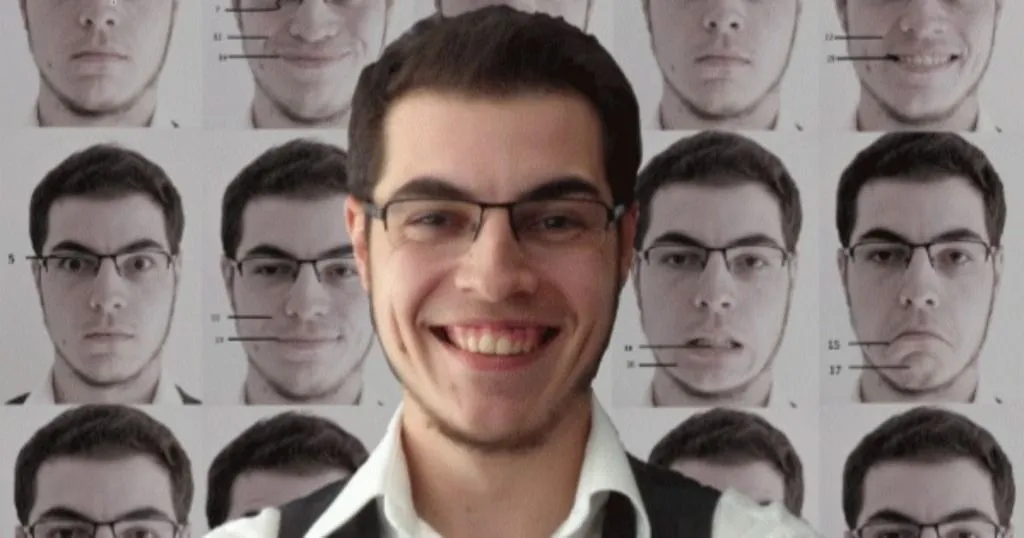Emotional responses to winning a paralympic medal
Guest blogger Jeffrey J. Martin conducted a study to examine the emotional reactions of Paralympians right after winning a medal, using automated facial expression analysis.
Posted by
Published on
Mon 11 Jan. 2021
Topics
| Emotions | FaceReader | Facial Expression Analysis | Measure Emotions | Sport |

Jeffrey J. Martin, Ph.D. at the Division of Kinesiology, Health, and Sport Studies, at the Wayne State University, in Detroit, Michigan, USA studied the emotional reactions of Paralympians right after winning a medal. It became clear that not all wins and losses are equal and it’s not only the medal color that matters to athletes.
Emotional responses to winning a paralympic medal
Sport psychology research examining Paralympic sport is limited and in particular few researchers have examined what Paralympian’s feel after winning a medal [1, 2, 3]. More specifically, researchers examining Olympic and Paralympic athlete’s emotional reactions tend to ignore important criteria (e.g., self-referenced standards such as time) that athletes use to judge performance, and instead, focus on common objective standards like place and medal won.
The current study extends the knowledge base on the psychology of the Paralympics by examining emotional reactions while considering the subtle nuances of competition that are important to athletes in the following ways.
First, in addition to emotional reactions to medal won (Gold, Silver and Bronze), I also examined emotional reactions relative to the previous year’s world ranking and best race time. Second, athlete’s emotional reactions were examined depending on if their winning medal performance was a close win or an easy win.
Similarly, the emotions of athletes who lost a medal by a small margin (won bronze and missed silver) were examined relative to those who lost a medal by a much wider margin. Half a second was used to designate if wins and losses were close or not close.
Measuring Emotion
Many researchers ask human raters to assess research participant’s (e.g., athletes) facial expressions to determine the emotions they are experiencing. However, with the development of FaceReader technology researchers can examine facial expressions automatically to determine emotional content.
In the current study I used Facereader to analyze broadcast footage of 138 swimmers at the 2016 Paralympics as they completed their races and won gold, silver or bronze medals.
Emotional responses are complex
For medal winners, silver medalists were angrier and sadder than gold medalists, and angrier and more disgusted than bronze medalists. These findings offer partial support for the counterfactual thinking hypothesis. For instance, silver medalists may look upward and regret missing out on gold.
In contrast, bronze medalists may look downward and be grateful they were not fourth and missed winning a medal. Swimmers who swam slower than their 2015 world ranking best time were angrier than Paralympians who swam faster. Paralympians who finished lower than their 2015 world ranking had more neutral emotions and were less happy than Paralympians who finished higher.
These findings support the idea that athlete’s emotional responses are complex and are a function of multiple criteria and not simply how well they fare against the competition.
Wide-ranging and diverse emotions
Gold, silver, and bronze medalists with close wins were more surprised than medalists with easier wins, likely due to the uncertainty of how competitors were performing (e.g., vision obscured by water or competitors being multiple lanes away). Gold medalists who narrowly defeated silver medalists were less happy and more fearful than gold medalists who won easily. Medalists with easy wins may have more time to anticipate the win, which may contribute to greater happiness and less fearfulness.
Bronze medalists with close wins had fewer neutral emotions, were happier, less angry, and more surprised than bronze medalists with not close win. Bronze medalists with close losses to silver medalists were happier and less angry than bronze medalists who lost more easily.
The differences in emotional intensity were not trivial as effect sizes ranged from d = .27 to 1.01. These results provide theoretical support for basic emotion theory and add to the value of FaceReader for emotion assessment. Furthermore, the results confirm the anecdotal observations that Paralympic competition generates wide ranging and diverse emotions linked to personal performance standards and the type of win or loss.
In conclusion, when it comes to the emotions athlete’s experience in response to how well they perform, it is clear that not all wins and losses are equal and it’s not only the medal color that matters to athletes.

Jeffrey J. Martin | Publications: www.researchgate.net/profile/Jeffrey_Martin4
References
Source header image: https://pixabay.com/photos/swimmer-competition-competitive-1477650/
- Martin, J. J. (2017). Handbook of Disability Sport and Exercise Psychology. NY: Oxford University Press.
- Martin, J. (2012). Coping and Emotion in Disability Sport. In J. Thatcher, M. Jones & D. Lavallee (Eds.), Coping and emotion in sport (pp. 194-212). London, UK: Routledge.
- Martin, J., Vassallo, M., Carrico, J., & Armstrong, E. (2019). Predicting Happiness in Paralympic Swimming Medalists. Adapted Physical Activity Quarterly, 36(3), 309-324.
Related Posts

World Cup success and emotions

How emotions are made

